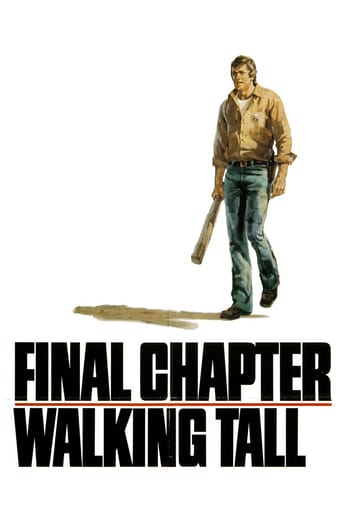Dr Jacques COULARDEAU
This last chapter is better built than the second and hence has a better rhythm. He is defeated in the election because he shows a high level of distance from the people. He seems to consider it below him to come and discuss things with the public, the electors of the county in a public meeting. Then of course he is a double or triple victim One, of the low life people he had chased and hunted down in his crusade against crime and they think they can finally get their revenge and they can trash his car or even attack him in the street or attack his family or the people he has relations with. Two, of the new sheriff who has the tendency to consider him as a dangerous person and a trouble maker. Three, of the real bad ones who know he does not have the protection his uniform could provide him with (cars, deputies, etc) and they come to the idea they can finally organize his end and go through untouched. That will be his doom. But the best part is his economic situation once he is no longer the sheriff. He lives with his parents who are old and retired and live on a small pension. He refuses to accept the job his brother in the north is proposing because he does not want to move. He also refuses to accept the job the local lawyer is proposing: investigator for his special cases, because he feels it is charity. He finally accepts the proposal of some Hollywood producer to make the film of his life and that brings him the end of his financial problems but also the multiplied desire to get even from the local traffickers, even against the advice of their own higher-ups. This reveals how difficult it may be after you have been in the limelight of law enforcing in a small city. The people reject you and even refuse to testify for you when you are attacked and your property is attacked by some local bullies or rough individuals. The film also shows very well there is a change in the US at that time. People after the worst criminal activity is gone, want to have a more peaceful and less visible law-enforcing police force. But at the same time it represents the end of a generation of traffickers who also want to run things in a smoother way. In other words US society in these early mid 70s, at the end of the Vietnam war, moved from the cult of sheer force to solve any problem to the understanding that a solution can only come if it is founded on some kind of peaceful consensus, even if that means accepting some kind of traffic provided it becomes non-violent, peaceful, and it respects some basic rules like paying taxes. That's exactly what Buford Pusser did not understand. Maybe he was right but at that time crime moved from the back woods of Tennessee to the dilapidated ethnic and poor suburban areas or ghettos of the big cities because the main traffic did not concern moon-shine whisky any more, an inheritance of Prohibition, but the new hard drugs like heroin and cocaine coming from Latin America.Dr Jacques COULARDEAU, University Paris Dauphine, University Paris 1 Pantheon Sorbonne & University Versailles Saint Quentin en Yvelines
quinn18
The first movie in the series what fantastic and the second was just horrible because they change the actors a little bit and now the 3rd movie in the series is just horrible.The first movie in the series had a lot to tell about Bufford Pusser's life and the second in the series had just had few thing that really happened to Bufford but not enough to make it interesting and now the 3rd movie in the series is just horrible worst then the second one and this one doesn't tell anything real about Bufford life except for when he died at the end.If anyone if planning on watching this movie you should not watch this one and just watch the first in the series its more interesting then this one.Please don't waste your time watching this movie go on and make coffee instead.
Wizard-8
They had pretty much run out of story by the end of the second film, so making a movie with what was left was kind of redundant. Yet they somehow manage to stretch what was left to an unbelievable length (116 minutes), a lot of which is made of endless and unnecessary footage of people walking from one place to another. A competent editor would have been able to prune not only this filler, but a lot of scenes that don't do anything to the plot, or start subplots that go nowhere.There was promise in the sequence when Pusser sells his life story to the big screen (including when Pusser tells why he is reluctant to do so) but they don't spend much time in this sequence. If you don't care about this, and just want to see Pusser swing his bat at heads, you should know there isn't much of that this time around. Most of the movie is just people talking, and it's not interesting talk. If you know what happened to Pusser, then there's no reason for you to see this movie.
Mark-371
This movie was good.....but i suggest you see the original.(Walking Tall) I find that this movie shows Buford Pusser as just a fantasy movie character, and not the real tennessee sheriff he was. Bo Svenson was terrible as the role of Sheriff Buford. Why didn't Joe Don Baker act in the final two? They probably would have been alot better if he were in them.


